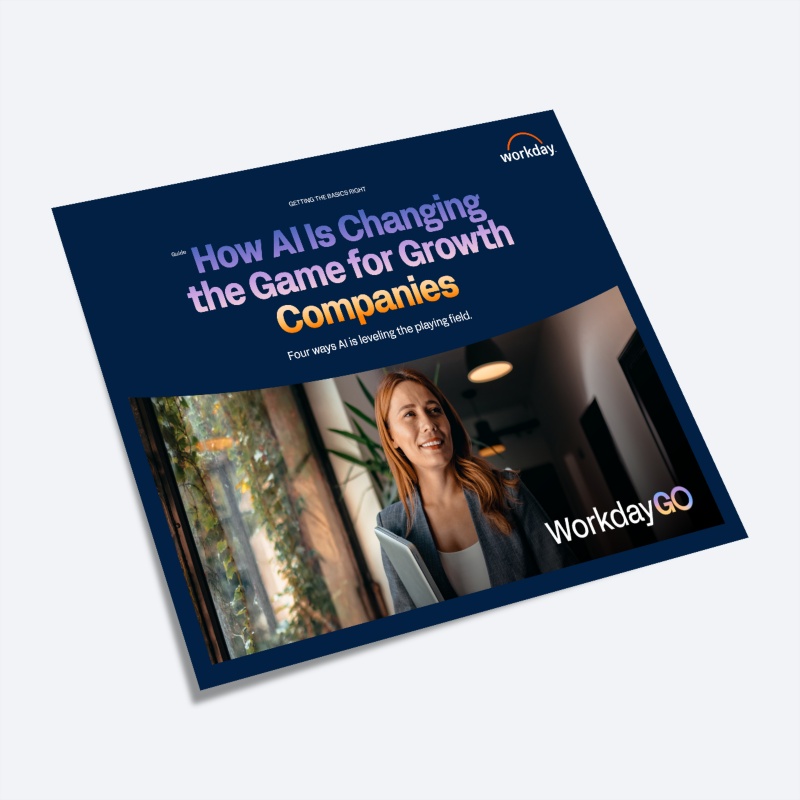The Evolving Landscape of Work
The integration of AI agents into the workforce represents a significant shift in the landscape of work. It's not just about automating tasks; it's about reimagining how work gets done and how we manage the workforce of the future. This workforce will comprise both human and digital workers, each with unique strengths and capabilities.
This new reality requires us to rethink traditional workforce management practices. Just as we manage human employees, we need to consider how we onboard, train, and manage our digital workforce. This includes adapting company values and codes of conduct to guide AI behavior, setting clear goals and measuring the success of AI initiatives, and ensuring ethical AI practices and data privacy.
For instance, how do we ensure that AI agents uphold the same (or any?) ethical standards as our human employees? How do we even think about, let alone set performance expectations, for machines and measure their contributions? How do we ensure that they operate in a transparent and responsible manner, respecting privacy and data security?
Imagine an enterprise running 10, 100, 1,000 or even tens of thousands of AI agents. Onboarding, training, security and performance management will need to be managed centrally in the same way HR systems manage human employees today.
These are not just technological questions; they are fundamental questions about how we design and manage the future of work. As AI agents become more sophisticated and integrated into our workflows, we need to develop clear frameworks and governance structures to ensure their responsible and ethical use.
This is where the concept of "digital workforce management" comes into play. It's about applying the principles of workforce management to this , creating a cohesive and productive environment where both human and digital workers can thrive.
As David Somers, ²ÝÝ®ÊÓƵ¡¯s Chief Product Officer, emphasizes, "Digital workforce management is not just a trend; it's a necessity. If we want to unlock the true potential of AI, we need to treat it as a genuine part of our workforce and manage it accordingly."




